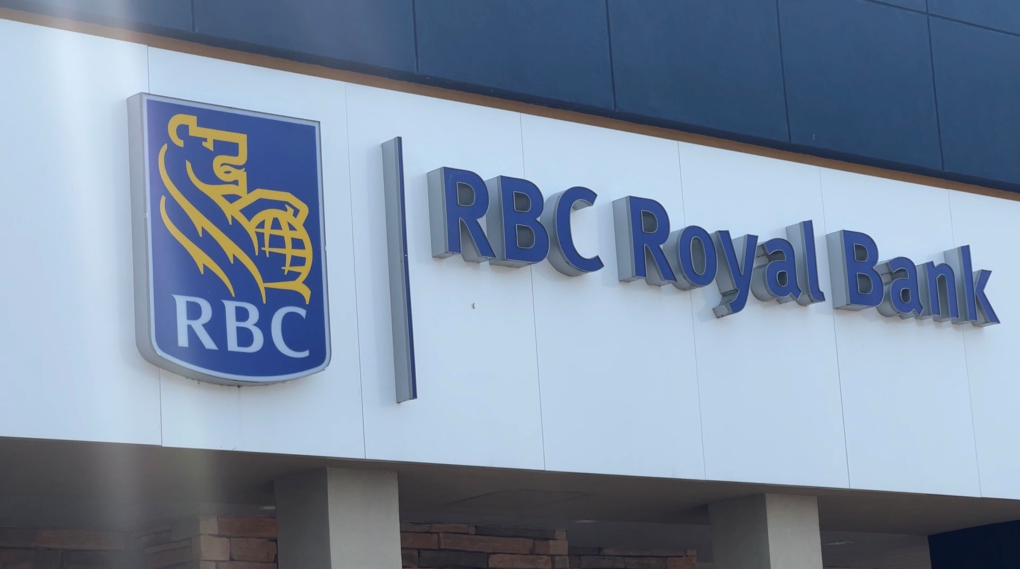Barratou Barry, an RBC bank client of 15 years, says on Aug. 18, she went to her regular branch location on Bank Street to make a cash deposit in her account and to pick up her new credit card.
“The first transaction went well. I put money into my account, I gave them my debit card; everything was smooth. To pick up my credit card I needed identification,” she says. “I did not have my driver’s license handy with me at that time. I had my health card.”



I’m sorry dog when the problem is a typo on an otherwise fine passport calling the cops isn’t the first course of action. Asking “are you aware your name is misspelled on your passport” seems like a pretty obvious step one. Especially when she still had her old passport with her.
They’re a bank dealing with money. Sure put money into an account. Who cares about money going in. But pulling it out you need to identify and if it doesn’t match the teller has to confirm identity legally and professionally. Nothing in this story indicates its about race. To me it sounds more racist to throw out accusations of racism at random people doing their job because you fucked up and didn’t validate your own ID. When your issued a passport they get you to check the information is correct for this reason. The bank has strict regulatory policies and internal rules all tellers are required to follow.
I wasn’t there so I can’t say it’s racially motivated for sure but what I can say is that passports have much more reliable ways of telling if they’re forged than a typo.
Wouldn’t a typo invalidate the passport as a form of ID?
Then they should say “we can’t accept this because of the discrepancy, do you have another form of ID.” Canadian passports have a chip in them, I don’t know for sure if the bank would be able to read it but at the very least least its existence along with watermarks should be enough to give someone the benefit of the doubt that they’re not a criminal.
deleted by creator
The article is pretty clear. They took her documents, acted like nothing was wrong but they needed a signature on something else, and an hour later see sees them talking to police outside.
I get that. Is there any procedure for handing back official documents with errors like this?
I tried finding Canada’s procedures on passports with typos but all I could find was how to get it fixed.
It’s a legal obligation for the bank to escalate it. You can’t just ask them, informing someone you suspect of an unusual transaction is specifically called out in anti-moneylaundering / anti-terrorist financing regulations.
The problem is “otherwise fine” is not a determination bank staff can make. The passport has one glaring issue, but the branch staff aren’t document experts and can’t run identification confirmation checks on government databases. The police can.
Passports have watermarks and aren’t easily forged. There is someone at the bank who is trained well enough to know about watermarks.